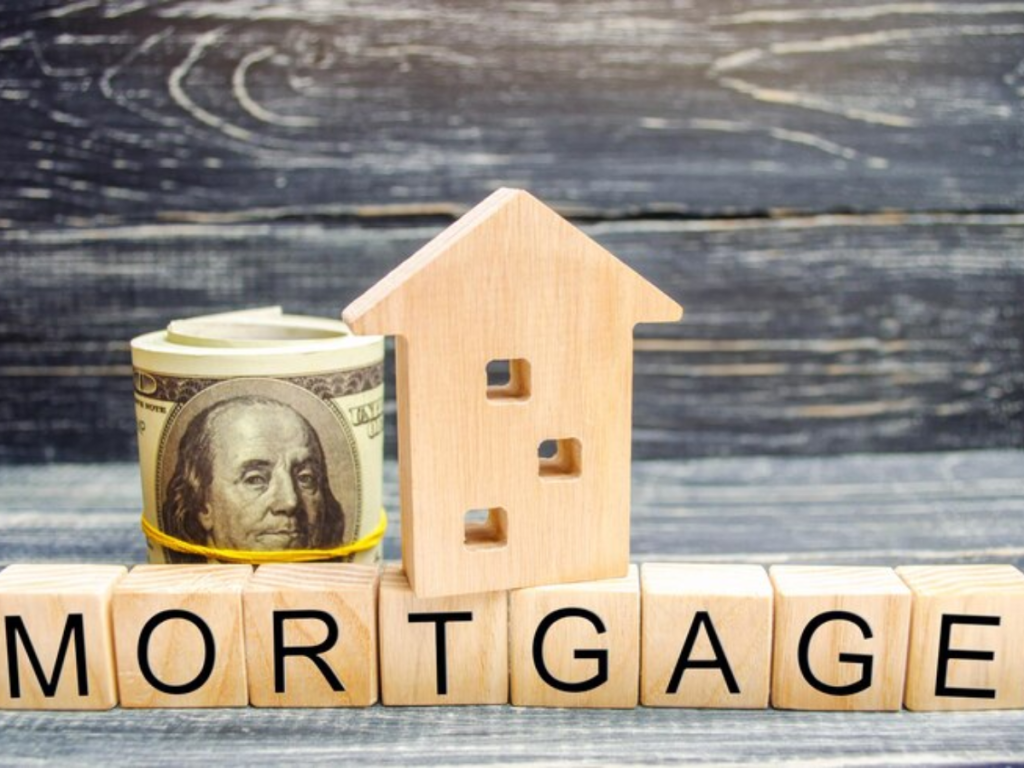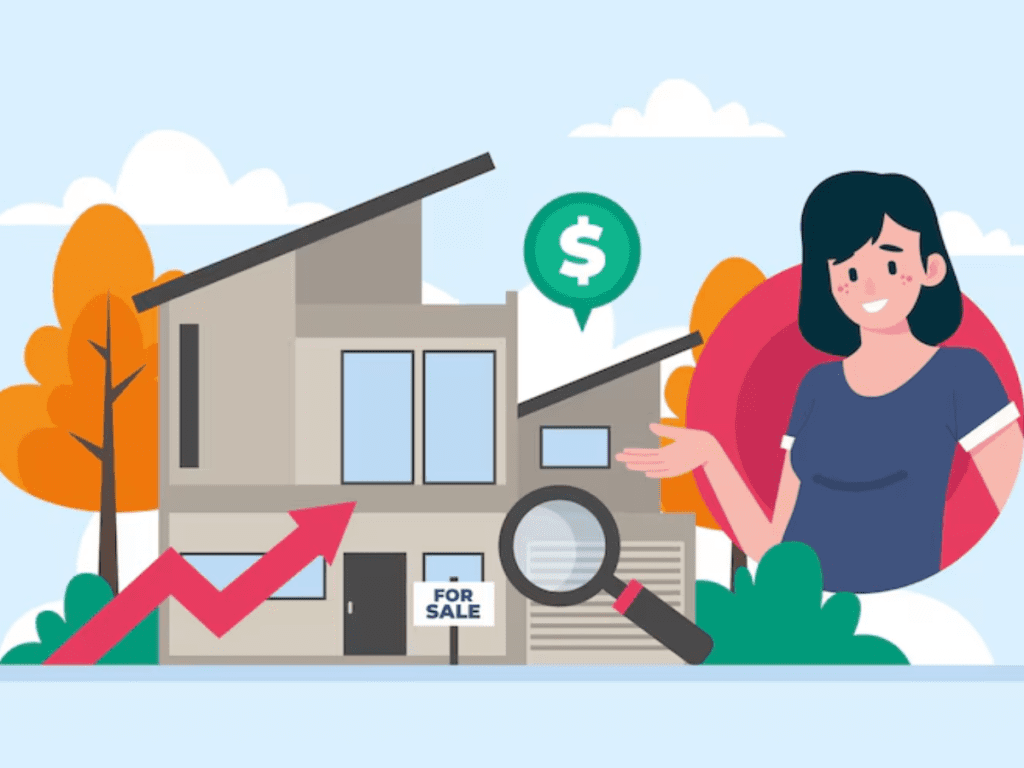Introduction
Buying a home is, in most instances, considered the pinnacle of one’s life accomplishments. It signals the end of renting and beginning of owning a home, creating a feeling of stability, security, and future investment for families and individuals alike. Yet, as exhilarating as the experience of homeownership is, it is also important for new homeowners to know that there are some substantial hidden expenses of home ownership that usually do not come to mind when home buying. These hidden expenses, beyond the actual purchase price and regular monthly mortgage payments, can profoundly affect a homeowner’s budget if they are not planned for very well. This article will discuss some of the hidden expenses that most new homeowners do not consider and give insight into how to prepare better for them.
Property Taxes and Insurance
One of the most prevalent hidden expenses that new homeowners do not budget for is property taxes. Most buyers consider only the mortgage payment, with the assumption that this is the total amount they will pay for housing. But property taxes are a huge and recurrent expense of homeownership. These taxes differ substantially depending on the location of the property and the home’s value. Property taxes in some places can be very high, particularly in cities or areas that have high-priced properties.
Property taxes are typically calculated yearly, but they are usually paid in monthly payments as part of the mortgage. The lenders tend to put the amount of property taxes in an escrow account and add it to the borrower’s monthly mortgage payment. Although this might make paying taxes less complicated, it does not rid the homeowner of the financial costs. Homeowners should have a clear understanding of what their annual property tax will cost them and plan for it accordingly. Also, property taxes may go up over the years, which means homeowners should be ready for possible increases in their yearly tax bill.
Yet another large expense that many new homeowners do not fully anticipate is homeowners insurance. Borrowers usually are required by lenders to get insurance to safeguard the house from damage or loss. Although it is a requirement, homeowners insurance can be a large recurring cost. Insurance premiums may be based on the value of the house, location, and the amount of coverage. Homeowners who reside in areas that are at risk of natural disasters like floods, hurricanes, or earthquakes might have higher premiums because they are at higher risk. The cost of insurance may also change over time, so homeowners should include possible hikes in their annual premiums. In addition, some homeowners might choose extra coverage, like flood insurance or umbrella policies, which can add to their insurance expenses.
Home Maintenance and Repairs
One of the greatest expenses that first-time homeowners often forget is home maintenance and repair costs. Homeownership comes with regular maintenance to ensure everything is in good working condition. Most first-time homebuyers think their home will be in pristine condition when they buy it, but this is not always true. Even new homes need regular maintenance and the occasional repair.
Maintenance and repair expenses can be as low as comparatively minor undertakings like gutter cleaning or replacement of air filters to very costly work like the replacement of a roof or the fixing of plumbing problems. On average, homeowners should budget for between one and three percent of their home’s value annually on maintenance and repairs. For instance, if your house is valued at two hundred thousand dollars, you need to allocate at least two thousand dollars a year for maintenance fees. This may go up exponentially as the house gets older and needs more substantial repairs or makeovers.
Others are completely unforeseen and may be expensive, including water damage, electrical issues, or foundation issues. These repairs can run in the thousands, and homeowners who do not allocate funds for them ahead of time may find themselves financially strapped when an emergency repair occurs. Homeowners are strongly advised to set aside a special emergency fund solely for home repairs so that they are financially prepared for unforeseen maintenance expenses.
Utility Bills
Another category in which new homeowners tend to be surprised by the expense is in their utility bills. While renters may pay utilities in addition to rent, many homeowners are surprised by the increased utility costs that accompany a larger house. Utility bills cover electricity, water, gas, trash removal, and sometimes even sewage or recycling charges. These expenses can quickly mount, particularly if the house is larger than past living situations.
Cooling and heating a house can be especially expensive, particularly if the house is poorly insulated. In colder climates, heating expenses can skyrocket during winter, and in warmer climates, cooling expenses can be equally as high during summer. Most new homeowners are not expecting the added cost of energy usage, and they can be surprised when their first utility bills start rolling in. Also, keep in mind that the price for utilities may change over time with increases in energy costs or varying weather conditions during the seasons. To offset these expenses, homeowners can opt for energy-efficient upgrades, like the installation of programmable thermostats, old appliance replacement with Energy Star-rated appliances, and sealing drafty areas around windows and doors.
Homeowners Association (HOA) Fees
For homebuyers who buy a residence in a planned community, condo, or subdivision, homeowners association (HOA) fees are another expense to bear in mind. An HOA is an entity that governs common areas, amenities, and enforces regulations in a community. HOA fees are normally paid monthly or quarterly and can range widely depending on the location and degree of amenities provided.
HOA fees may be a small fee to several hundred dollars per month, depending on the services offered by the association. Some neighborhoods provide amenities like swimming pools, gyms, landscaping, or security services, all of which are added to the HOA fee. Although these amenities are attractive, homeowners need to include the cost of the HOA fee in their overall budget. It is also important to go over the HOA’s rules and regulations since transgressions of such rules might result in fines or other forms of penalties.
HOA fees are sometimes variable and may grow larger over time. Homeowners might, in certain instances, receive surprise special assessments if the HOA must cover major repairs or upgrades to the complex. This can be big-ticket items like paving roads, fixing common area buildings, or upgrading infrastructure such as water or sewage systems. Buyers must scrutinize the HOA’s financial stability before buying and anticipate possible hikes in fees or special assessments in the future.
Landscaping and Lawn Care
To most homeowners, the look of their yard is a major factor in whether they are happy with their property or not. Landscaping and lawn maintenance can be costly and time-consuming, though. New homeowners tend to underestimate the cost of keeping the lawn and garden properly maintained. Landscaping can involve mowing the grass, trimming hedges, planting flowers and bushes, and tending irrigation systems. These services may run hundreds of dollars a month if hired out to a professional landscaping firm.
Or, homeowners who opt to do their own lawn care may discover that the expense of equipment and supplies quickly mounts. Lawn mowers, trimmers, sprinklers, and fertilizers are costly, and the upkeep of the lawn can be time-consuming and labor-intensive. In addition, some climates will need more detailed landscaping maintenance to keep the lawn lush and healthy. Homeowners must factor in not only the initial cost of landscaping equipment but also the regular cost of keeping their yard up.
Home Improvements and Upgrades
While most new homeowners are happy with the features and finishes of their newly bought homes, others might feel like making improvements or upgrades to better meet their needs or tastes. Home renovations may vary from cosmetic modifications, for example, repainting walls or changing carpeting, to major structural modifications, such as redoing a kitchen or constructing an extension to the house.
Home renovations can be expensive, and homeowners tend to find that projects cost more than they originally planned because of unexpected problems or changes in design. For instance, while renovating a kitchen, there can be hidden plumbing or electrical issues that need to be addressed and cost extra money. Homeowners need to be ready for these kinds of surprises and budget money specifically for home renovations. It is also important to include the expense of employing contractors, getting permits, and buying materials in home renovation planning.
Relocation Expenses and Initial Installation
The relocation process to a new home comprises several unseen expenses that most new homeowners overlook. Relocation costs may involve the use of professional movers, truck rental, buying packing materials, and service connection fees. Also, some home owners might discover that they need to purchase new furniture, appliances, or home decor to occupy their new place. These initial installment charges may slowly pile up, and many first-time home owners are surprised by the cost.
It is also worth noting the expense of installing new utility services, including electricity, water, gas, internet, and cable. Some services might be part of the home’s purchase, but others might have installation or activation charges. Utility companies might also charge deposits for new customers, which can be a huge initial expense. Homeowners need to budget for these moving costs in advance to prevent financial stress during the move to their new home.
Closing Fees and Other Charges
The home buying process has some expenses that are incurred in the closing process. Homebuyers tend to neglect these expenses with their preoccupation with obtaining financing and closing the sale. Closing costs usually comprise charges for appraisals, home inspections, title examination, legal fees, and origination fees for loans. These charges may amount to thousands of dollars based on the value of the house and the requirements of the deal.
Homebuyers need to expect these expenses and make sure that they have enough money to pay them. It is possible for some buyers to negotiate with the seller to cover some closing expenses, but there is a need to know what charges will be incurred and when to pay. Buyers might also have to include in their budget costs associated with the home inspection or repairs, if any, discovered during the inspection process.
Conclusion
Home ownership is a fulfilling experience, but it is also accompanied by a variety of unforeseen expenses that many first-time homeowners do not expect. In addition to the mortgage payment, property taxes, insurance, maintenance, utilities, and other regular expenses, homeowners can face a considerable financial burden if these expenses are not adequately budgeted for. By knowing and budgeting for these expenses, new homeowners will be able to avoid nasty financial shocks and appreciate their properties without inordinate worry. With careful planning, a proper comprehension of the long-term fiscal burden of homeownership, and the creation of an emergency fund to cover unforeseen repairs and expenses, homeowners can ensure that they are fiscally secure and able to get the most out of their new property.

